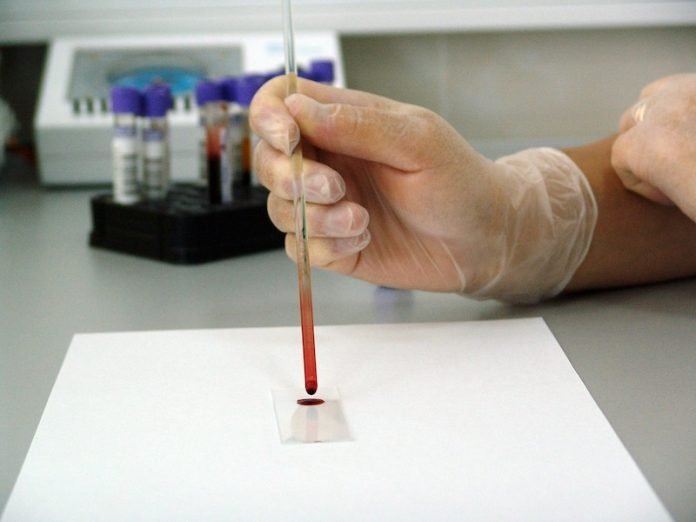
In a new study, researchers found key metabolic changes in the blood of patients who used medications to treat cancer.
The changes may help identify patients who developed heart toxicity at a later time.
The research was conducted by a team from Beth Israel Deaconess Medical Center (BIDMC).
More and more patients are being treated successfully for cancer.
However, some cancer treatments that are very effective for breast cancer can cause heart dysfunction and lead to heart failure.
Heart-related side effects can limit the amount of cancer therapy that patients are eligible to receive.
Currently, there is no effective way of predicting which patients will develop heart dysfunction during or after receiving these medications.
In the new study, the team wanted to know whether early changes in energy-related metabolites in the blood (measured shortly after chemotherapy) could be used to identify patients at high risk.
They examined blood samples obtained from 38 patients treated with breast cancer drugs anthracyclines and trastuzumab.
They measured 71 energy-related metabolites in the blood and then compared metabolite profiles between patients who developed heart toxicity and those who did not
The researchers found that metabolites linked to the energy powerhouse of the cell changed differently in patients who later developed heart dysfunction compared to those who did not.
In particular, levels of metabolite citric acid increased over time in patients who did not develop heart problems, but they remained the same or decreased in patients who did develop heart dysfunction.
The team says the ability to augment citric acid and related metabolites may be a protective response that is absent or defective in patients with heart dysfunction.
They also observed changes in breakdown products of DNA that differentiated the two groups of patients.
The team hopes the findings can help with the development of biomarkers that determine which patients are at the highest risk of developing chemotherapy-related heart problems
In their future research, the team will seek to confirm their results in larger patient populations.
The lead author of the study is Aarti Asnani, MD, Director of the Cardio-Oncology Program at BIDMC.
The study is published in the Journal of Cardiovascular Translational Research.
Copyright © 2019 Knowridge Science Report. All rights reserved.



